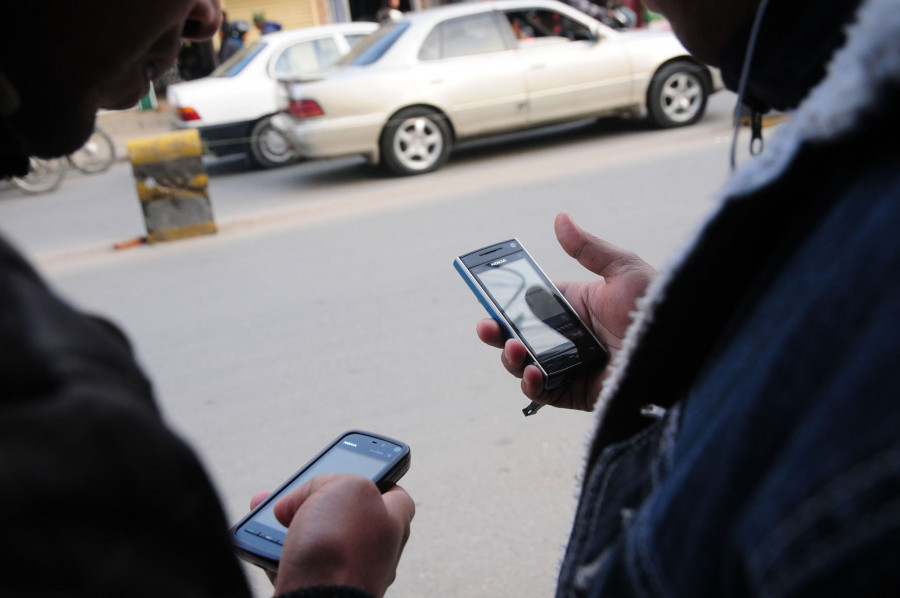Editorial
Democracy under surveillance
There are high chances of abuse of any future laws on snooping.
It’s hard to argue against measures to strengthen national security and sovereignty. This is why autocrats the world over lean on such hallowed concepts to impose draconian laws. The problem is that acts that undermine national interests are often hard to pin down. In a democracy, people have freedoms of speech and privacy—something also guaranteed by the Nepali constitution. Yet in democracies around the world—from India to Turkey to the US—people’s basic rights are being undercut under the pretext of protecting national interest. The rulers in all these countries seem minded to maintain absolute control over state affairs and to stifle dissent and opposition views. We see the same trend in Nepal where, over the years, successive governments have tried to stifle free speech. One way they have tried to do so is by snooping on people’s phone and online conversations.
A new piece of legislation in the works would allow the National Investigation Department, the country’s main intelligence agency, to monitor and record phone conversations, messages and social media posts. It can do so if the investigating officer foresees a threat to national interest. Right now, in order to snoop on such conversations and messages, the law enforcement agencies must get the court’s permission. The new law will do away with this provision. The chances of such laws being abused are high, given our weak state apparatus and the nature of our person-centric politics. The wording of the new law gives way too much discretion to the investigating officer. Government representatives have put forward various rationales for such a law. For instance, they maintain that it is both impractical and dangerous for investigators to have to seek a longer legal route when there is an imminent threat against a prominent person or institution. Yet they have also failed to show specific instances when the failure to urgently tap and monitor phone calls and messages has in the past hampered a vital investigation. In fact, if there is a reasonable amount of doubt, law enforcement agencies have, somehow, managed to get the relevant data from telecom and internet service providers. The new law will lower the bar for such interventions.
Nepali politics is already a bitterly contested arena. Governments routinely come and go, based not on differing ideologies but interests of individual leaders. Corruption is high; politicians and criminals work hand in glove. In this environment, giving government agencies the discretionary powers to tap and record conversations would be dangerous, as such powers can easily be abused to spy on the government’s opponents and silence its critics. To make things worse, when people know there is such a law, they are also likely to self-censor. This in turn will harm press freedom, as the sources of accurate information start keeping mum for fear of reprisal. Even if such laws are needed, the instances of their use must be clearly spelled out. Moreover, the acts of recording and tapping conversations cannot be left at the discretion of a single person. There needs to be more open deliberations and discussions on this vital issue. It would be disastrous to rush a law of such far-reaching impact on people’s basic rights.




 10.12°C Kathmandu
10.12°C Kathmandu













